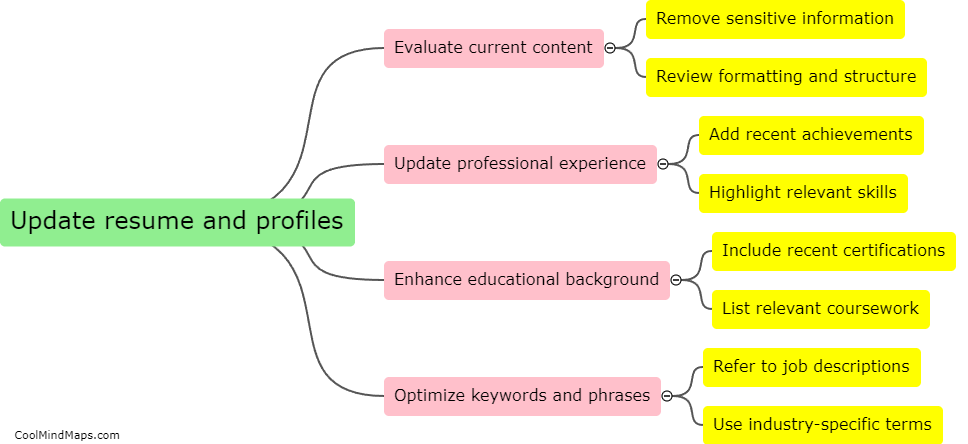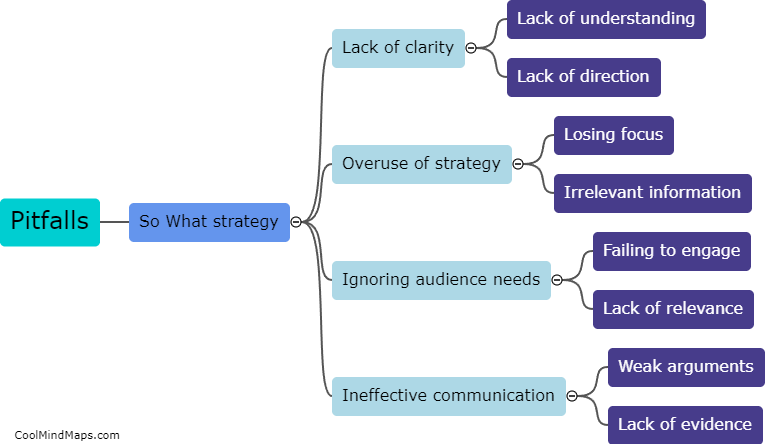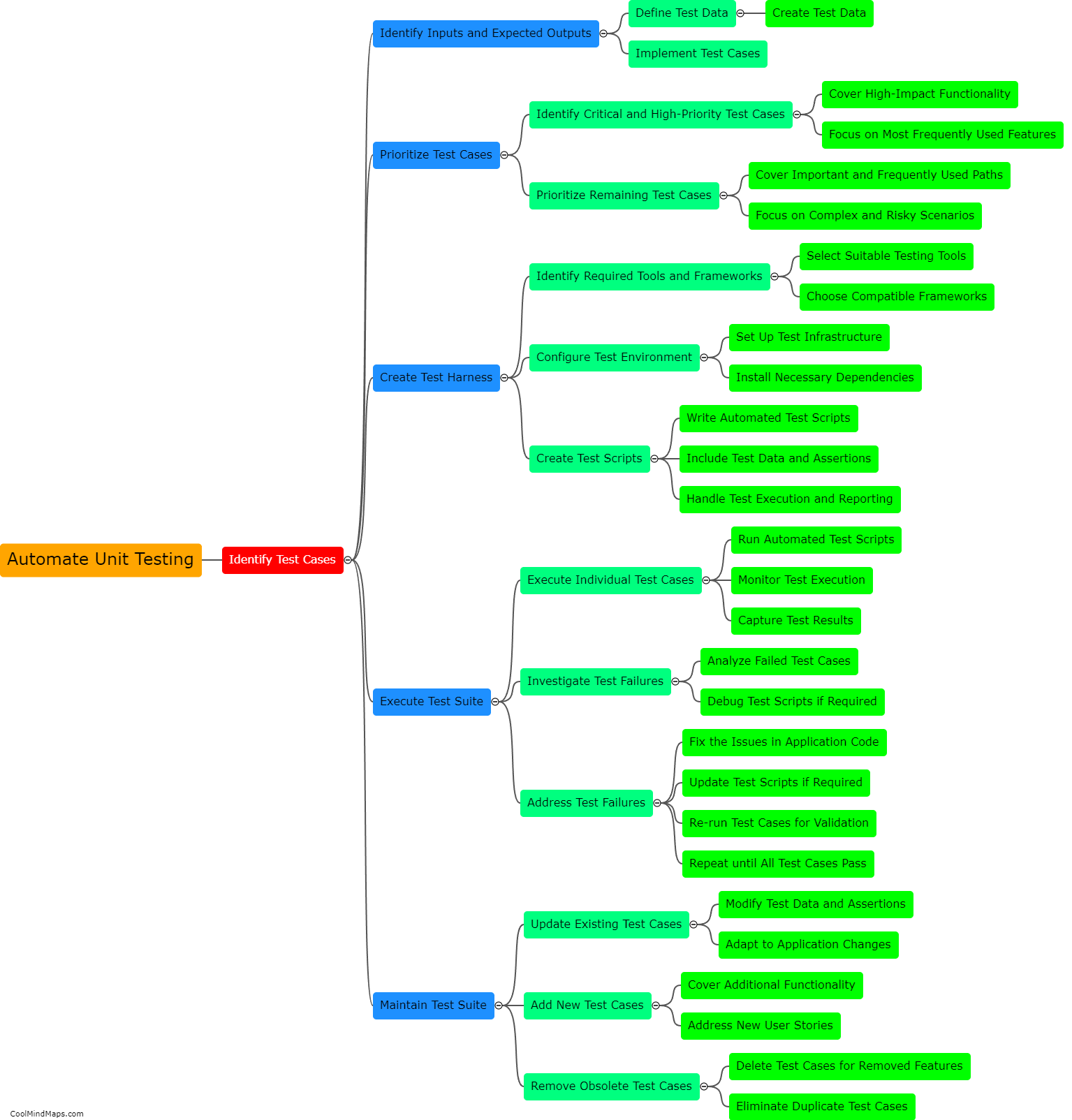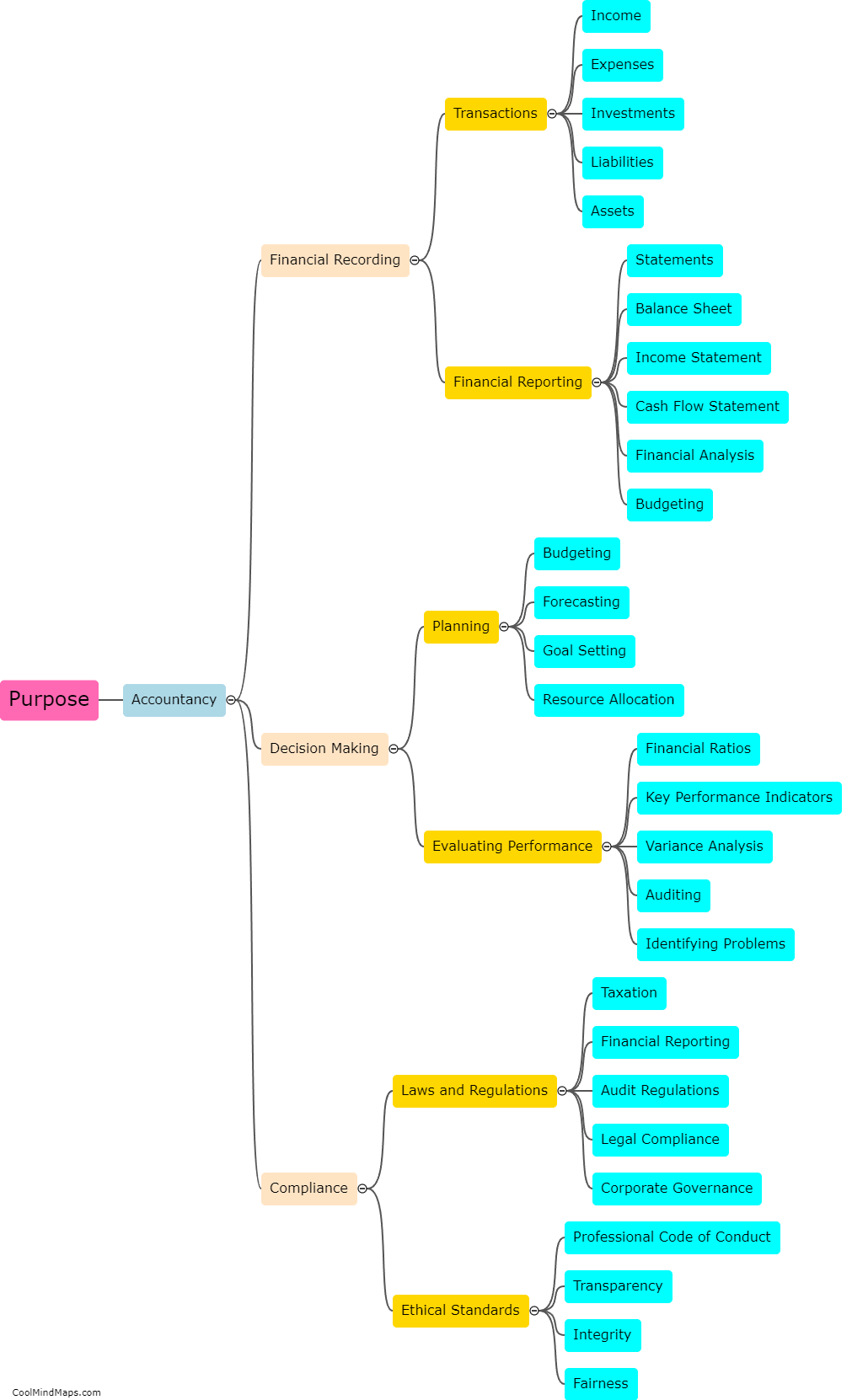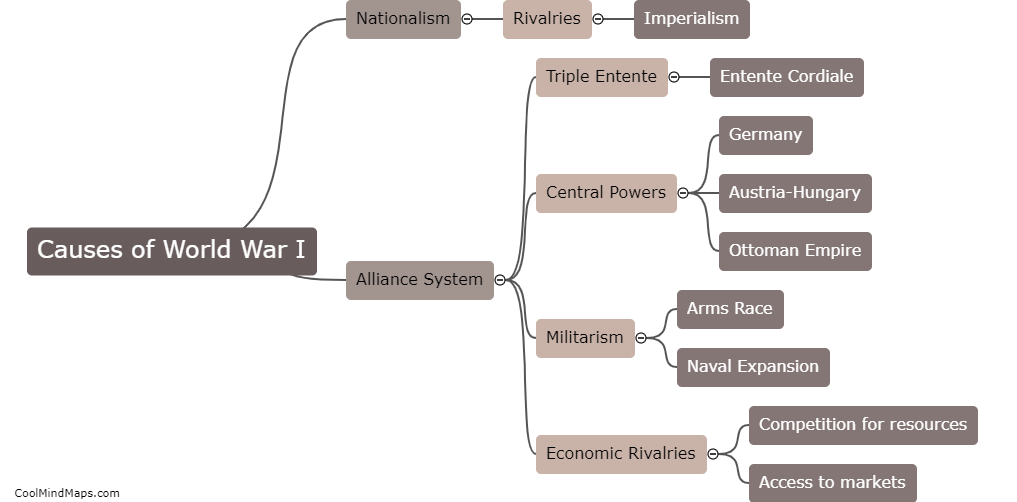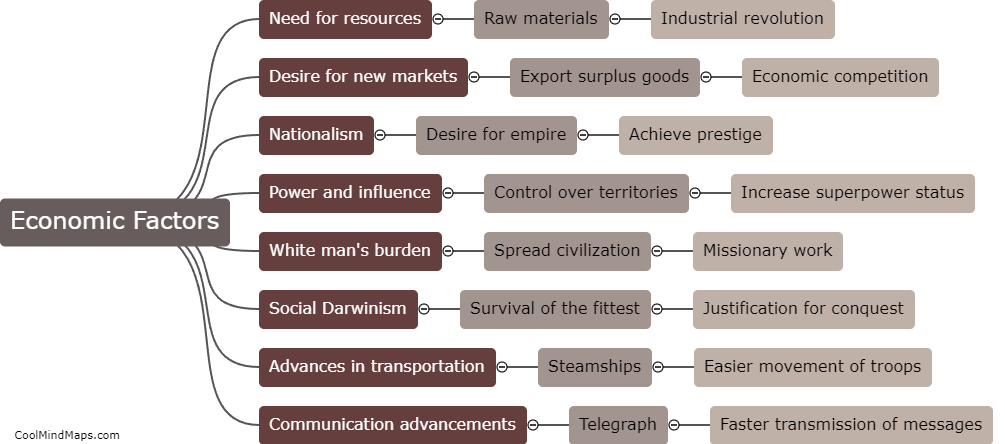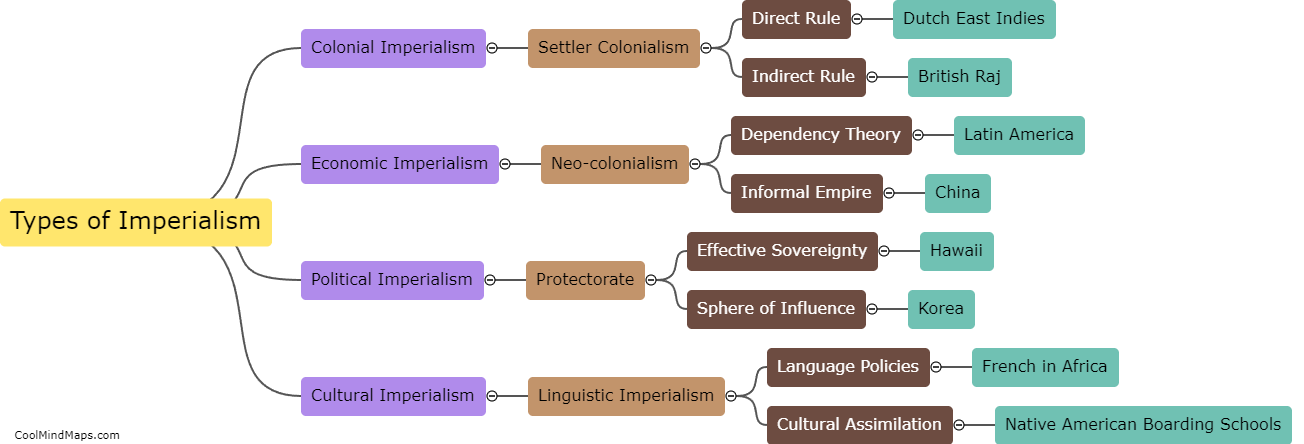What were the motivations for European countries to practice imperialism?
The motivations for European countries to practice imperialism varied, but they centered around economic, political, and cultural factors. Firstly, economic motives played a significant role. European powers sought to expand their markets, access raw materials, and control trade routes to increase their wealth and economic dominance. Additionally, European countries aimed to establish colonies to secure strategic resources, such as minerals and agricultural produce, essential for industrialization back home. Secondly, political objectives were also influential, as imperialism allowed nations to increase their geopolitical influence and prestige. Colonies served as strategic military bases, enabling European powers to strengthen their global military presence. Lastly, cultural motivations existed, as Europeans believed that spreading their civilization, religion, language, and values would uplift and "civilize" non-European societies. These motivations, combined with technological advancements and national rivalries, drove European countries to expand their empires across Africa, Asia, and the Americas during the era of imperialism.
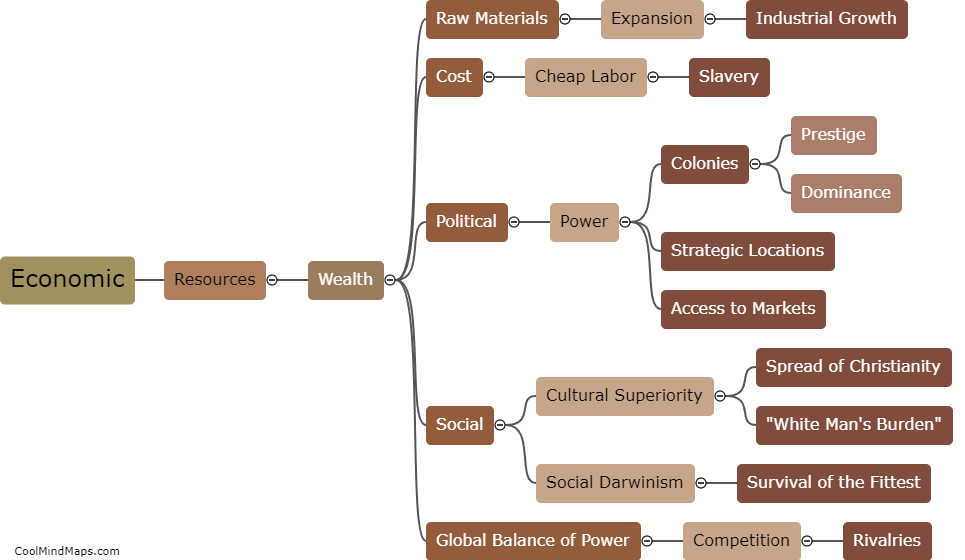
This mind map was published on 18 September 2023 and has been viewed 90 times.


